Christie's Secret to Market Leadership
- 21st Aug 2020
- 2237
- 0

A company that accelerates the buying and selling of prestige assets, like famous works of art, antiques, and collectibles is popularly known as an auction house. While reading and researching about auction houses, I came across an interesting article on Christie’s Auction House, which led me to writing this blog.
About Christie’s Auction house:
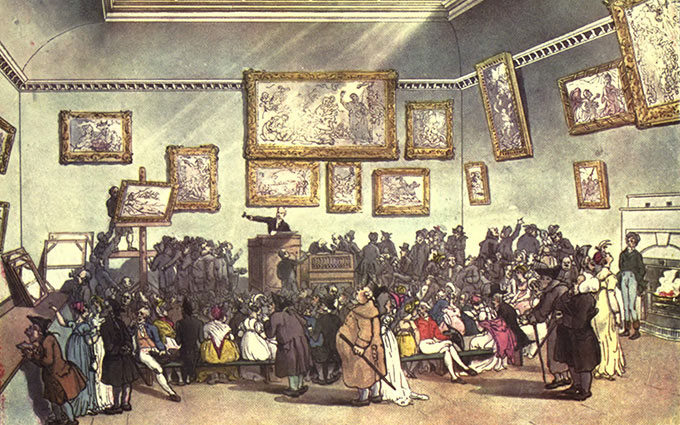
Christie's is a popular British auction house founded by James Christie in 1766, a place that is known for its collection of extraordinary art, unparalleled service, expertise, and global reach. Christie’s auction house has an international presence in 46 countries, with over 10 sales showrooms in London, New York, Paris, Geneva, Milan, Amsterdam, Dubai, Zürich, Hong Kong, and Shanghai. Its main premises are on King Street, St James's, in London, and in the Rockefeller Centre in New York City.
Who is James Christie?
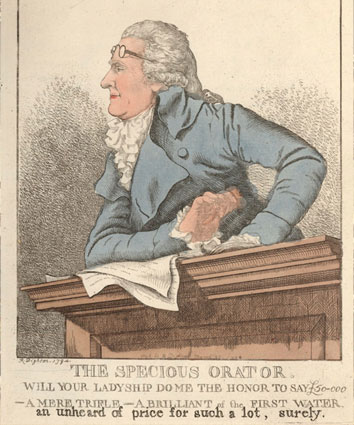
James Christie, born in Perth, Scotland in the year 1730, was the founder of auction house-Christie's.
His career began with his first sale that took place on the 5th of December 1766, at rooms in Pall Mall, formerly occupied by the print warehouse of Richard Dalton. Various exhibitions of the Royal Academy of Arts were held until 1779 on the premises the. Christie afterwards moved next door to Gainsborough, who lived in the western wing of Schomburg House.
He had a tall and dignified personality, remarkable for his professional enthusiasm, and was intimate with Garrick, Reynolds, and Gainsborough, and other men of note. He was married twice, and of the first marriage he had four sons. He breathed at last in his house at Pall Mall on the 8th November 1803, at the age of 73.
Timeline and Success Story
1766 to 1800
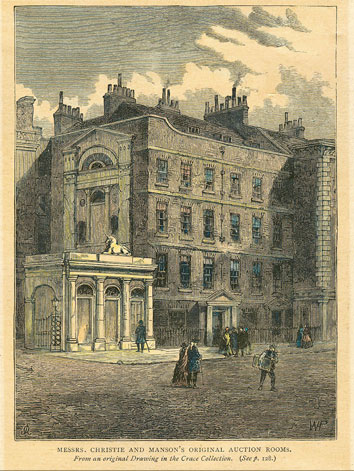
To begin with, In the year 1766, James Christie held his first sale in the saleroom of Pall Mall, London. Later in 1778, he arranged and negotiated the art collection of Sir Robert Walpole Catherine sale from the great of Russia which is now a part of Hermitage Museum of St. Petersburg.
Gimcrack on Newmarket Heath by George Stubbs, a masterpiece in the history of sporting art has passed through Christie’s salerooms four times and was finally sold at Christie’s doubling the previous record for a work by George Stubbs when it sold for over £22m in 2011. After the death of James Christie in 1785, Christie’s is sold to the library of the renowned writer and antiquarian Dr Samuel Johnson.
In 1789, due to the outbreak of the French Revolution, the French aristocrats bought many French objects onto the art market in England and in the year 1794, Christie’s son took his first sale, replacing his father after a six-day sale.
1800-1900
In 1801, Admiral Horatio Nelson purchased a portrait of his mistress- Emma Hamilton, by Elisabeth Vigeé-Le Brun from the auction house privately, even before it was showcased in the saleroom. Nelson paid £300 for the artwork. The auction house then moved from Pall Mall to 8 King Street in 1823, the present headquarters in London. The National Gallery exhibit the collection of purchases from Christie’s for its opening in London in 1824.
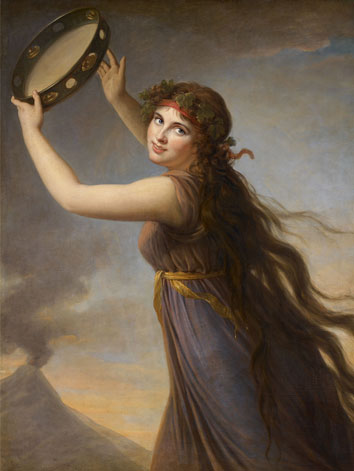
In 1848, Christie’s auction house experienced a 40-day sale of the Duke of Buckingham’s collection that includes a portrait of William Shakespeare.
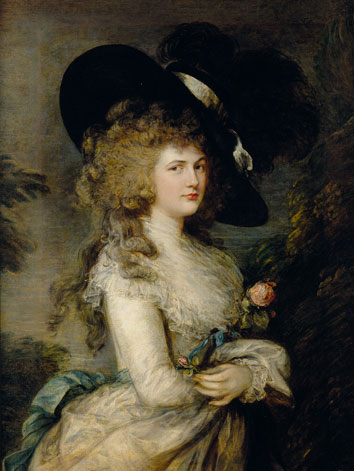
The year 1876 marked an event of a ‘Mysterious Heist’. Duchess of Devonshire, a celebrated Gainsborough portrait of Georgiana was sold at Christie’s for a record price, Adam Worth — a thief known as the ‘Napoleon of Crime cut the portrait from its frame and hid it in a false-bottomed trunk for over 25 years, the criminal mastermind kept the painting for his amusement.
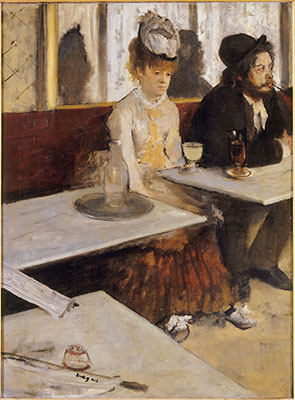
Christie’s sold its first Impressionist painting in 1892, Figures dans un Café (or L’Absinthe) by Edgar Degas which was exhibited in the 1877 Impressionist exhibition.
1900-2000
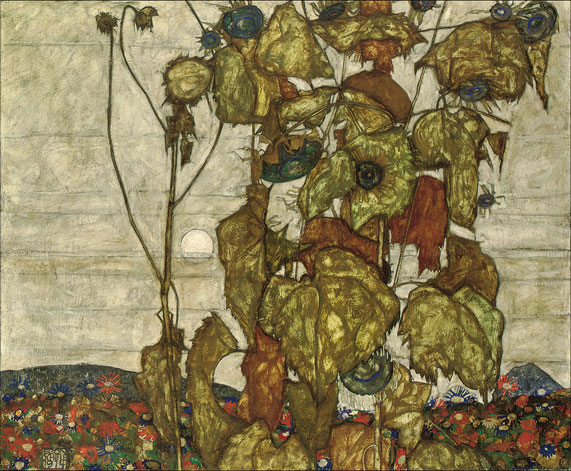
Lost and found in 1914- Egon Schiele’s Herbstsonne (Sunflowers) painting was thought to have been lost during the First World War, but it was later rediscovered by Christie’s experts in the year 2005.
Alex Martin, Christie’s managing director, conducted and overviewed the Christie’s Red Cross first charity sale in 1915, to raise money for the war effort to support the military force. Christie’s Auction house received various donations among which the objects sold included a rifle donated by King George V, a Stradivarius violin, and autographed manuscripts of Charles Dickens’s Pickwick Papers.
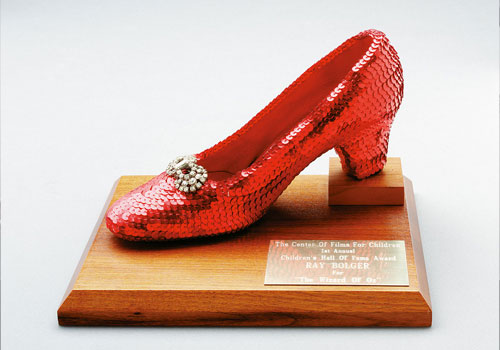
After the release of the film The Wizard of OZ, Christie’s auction house in 1939, sold the sparkling red slippers worn in the film by Judy Garland, these shoes are known to be embroidered with approximately 2,300 crimson sequins.
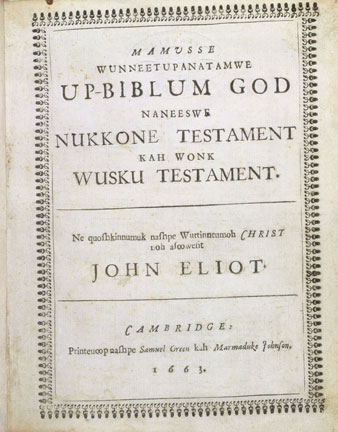
In 1958, The Metropolitan Museum of Art, New York, sold a part of its collection of arms and armour at Christie’s; it was the first time the Met has sent objects to London to be sold.
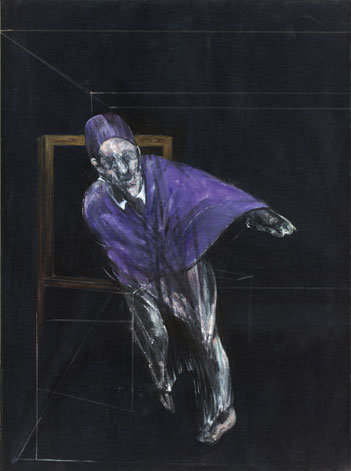
Christie’s sells its first work by Francis Bacon in 1964, Study of a Pope- part of a series often called the ‘screaming popes’, which was described as ‘a centerpiece of the whole of 20th-century art’ by an art historian Michael Peppiatt. Christie’s Old Masters sale got a lot of public interest because of which a closed-circuit TV was installed for people to view the auction from adjoining rooms.
Christie’s celebrated in bicentenary with an exhibition in 1966, which was attended by nearly 15,500 people over the course of three weeks. Following which in the year 1969, The National Gallery bought a Tiepolo ceiling painting which was discovered by Christie’s experts in Mayfair.
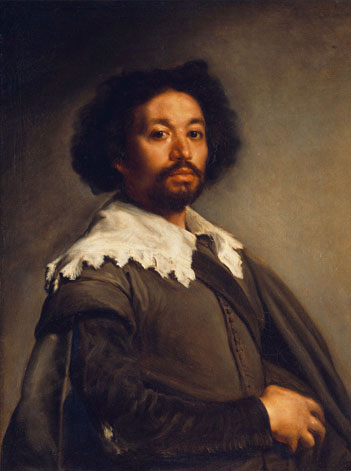
Diego Velázquez’s portrait of his assistant, Juan de Pareja, was the first lot to sell offer for more than £1m. Produced during a two-year stay in Rome, the work was recognised as among the finest portraits of the artist’s career. The Villa Miani near Rome was used for the first Christie’s sale in Italy. The first sale was held by Christie’s in the US was in Houston, Texas in 1970.
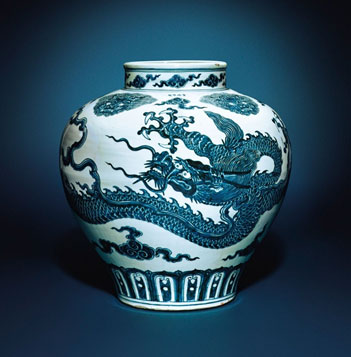
In 1972, Christie’s auction house sold the Yuan peony jar which was known to be the most expensive Asian artwork when sold in London. It was discovered being used as an umbrella stand in a European stately home.
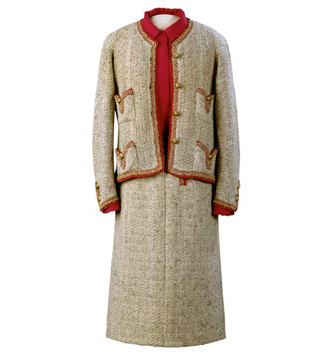
Christie’s New York saleroom opens at the Delmonico Hotel, Park Avenue, in 1977. The opening began with a sale of Renoir’s Femme Nue Couchée, Gabrielle. The sale of Coco Chanel’s wardrobe attracted attention and gathered a crowd of aristocrats, celebrities, fashion designers and fans in 1978.
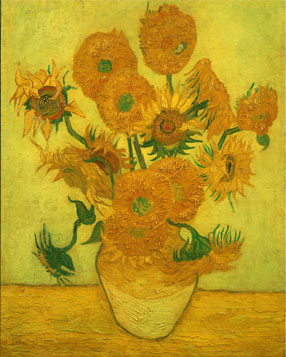
The year 1987 records the sale of the most expensive painting of The Sunflowers by Van Gogh at the auction house which was bought for over £24m. In continuation to this, Van Gosh stars again in the year 1990, his portrait of Dr. Gachet becomes the most expensive work of art when it was sold for $82.5m (£49.1m). The work showcases a powerful depiction of the physician who cared for the artist in the last few months of his life. In 1991, A self-portrait by Frida Kahlo became the first Latin American work to exceed $1m at auction.
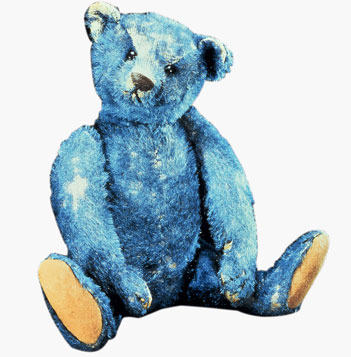
1993: The first exclusive sale of teddy bears took place at Christie’s South Kensington. The showroom witnessed over 800 enthusiastic collectors crowding to see ‘Elliot’- a blue stuffed teddy bear.
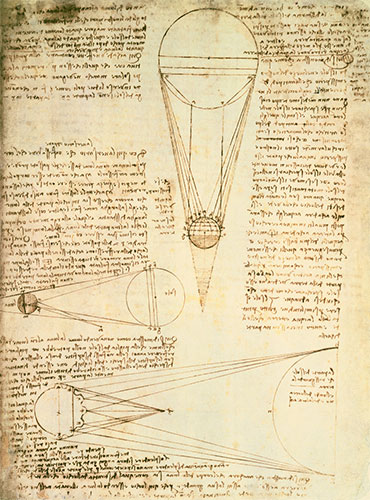
In 1994, a manuscript sale auction was arranged when Bill Gates, then chairman of Microsoft, purchases The Codex Hammer- a rare ‘notebook’ by Leonardo da Vinci.
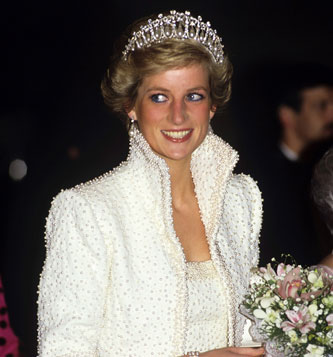
In the following years, the auction house collaborated with Diana, Princess of Wales in 1997, to sell 79 of her dresses for charity in New York City. Each dress is accompanied by a note from Diana, who divided the collection into her ‘fairy period’ and her ‘Hollywood period’.
In the year 2000, Christie’s New York moves from Park Avenue and the first sale was held at the Rockefeller Centre.
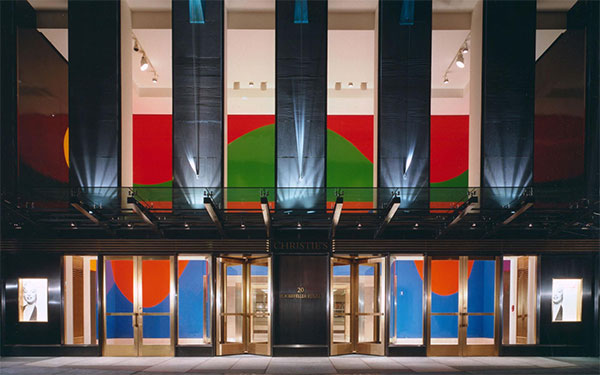
An evening auction in 2008, of Impressionist and Modern Art in London set a new million dollar sale record for a European art auction: £144.4m ($283.9m). The sale included the Le Bassin aux Nymphéas, one of Claude Monet’s famous ‘waterlily’ paintings.
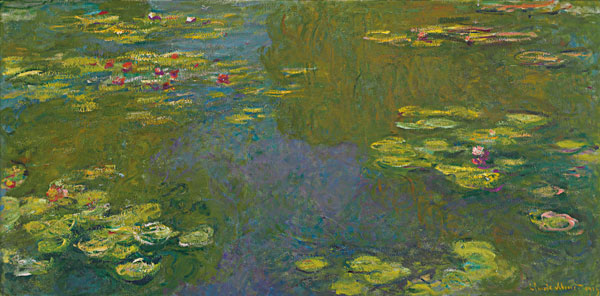
In addition to this, the year 2011 marks the sale of the legendary jewellery collection of actress Elizabeth Taylor which became the most valuable private collection of jewels ever sold by Christie’s auction house. Highlights of the sale included La Peregrina a rare, 16th-century natural pearl which was once part of the Spanish crown jewels.
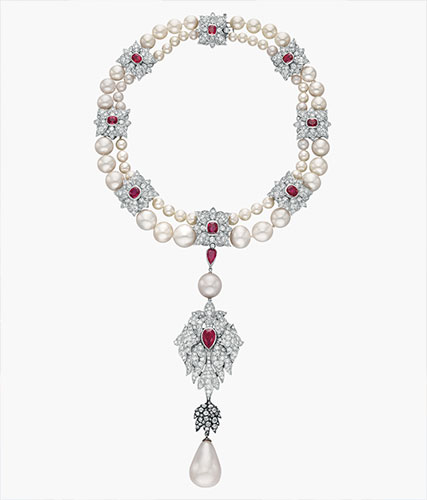
Christie’s set 16 world auction records in a sale of Post-war and Contemporary Art in New York and in 2012, Christie’s held the most valuable sale of post-war and contemporary art ever for £240.9m ($388.5m).
2015 was another great year for Christie’s as it sold the two most expensive works of art in history, Les Femmes d’Alger by Picasso, which was sold for $179,365,000, and Nu Couché by Modigliani, that got sold for $170,405,000.
Marking its 250th anniversary in the year 2016, this historic year was commemorated with a series of elaborated sales, exhibitions and events at the salesrooms across the globe, and special curated sales to mark its presence of 30 years in Asia and 10 years in Dubai. Later that year, in October, Christie’s opened a new office in Beijing and the year after in 2017, the opening of a new 5,400-square-foot, two-storey flagship in Beverly Hills, California took place.
The year 2017 also records the sale of rediscovered masterpiece by the Renaissance master that was sold for an $450,312,500, obliterating the previous world record for the most expensive work of art at auction following which in 2018, the most significant charity auction of Rockefeller was staged to showcase the collection of Peggy and David Rockefeller which was sold for a total of $832.6 million recording the highest sale for a private collection.
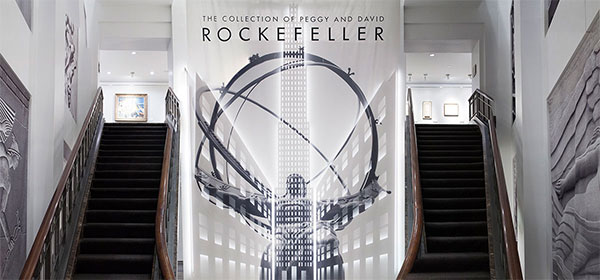
Christie’s auction house now organises around 350 auctions annually in 80 different verticals, including all areas of fine arts, jewellery, photographs, collectibles, wine, and various other antiques. The prices range from $200 to over $100 million. Year after year, Christie’s auction house has gained immense popularity and success for its remarkable history and record-breaking sales.
 Sumiran Jain
Sumiran Jain


Comments
No comments yet.
Add Your Comment
Thank you, for commenting !!
Your comment is under moderation...
Keep reading luxury post